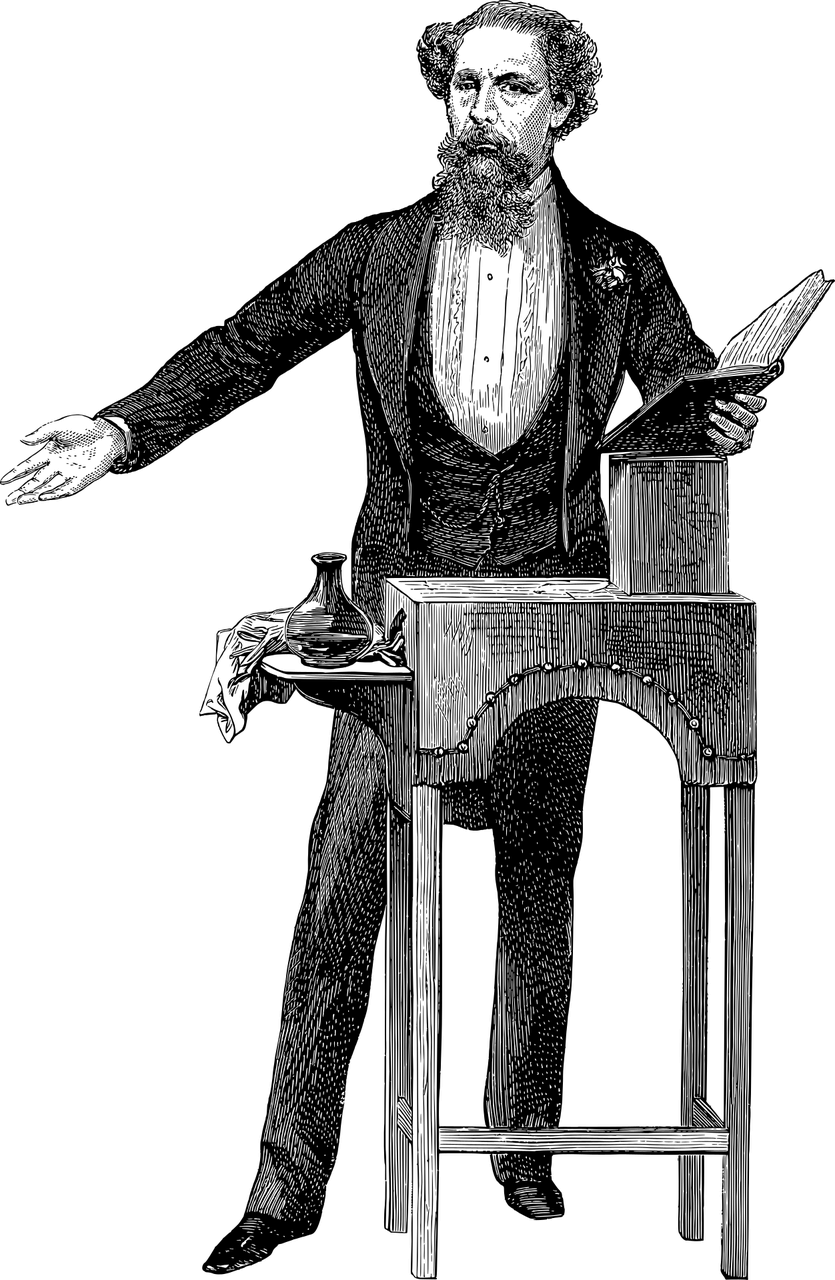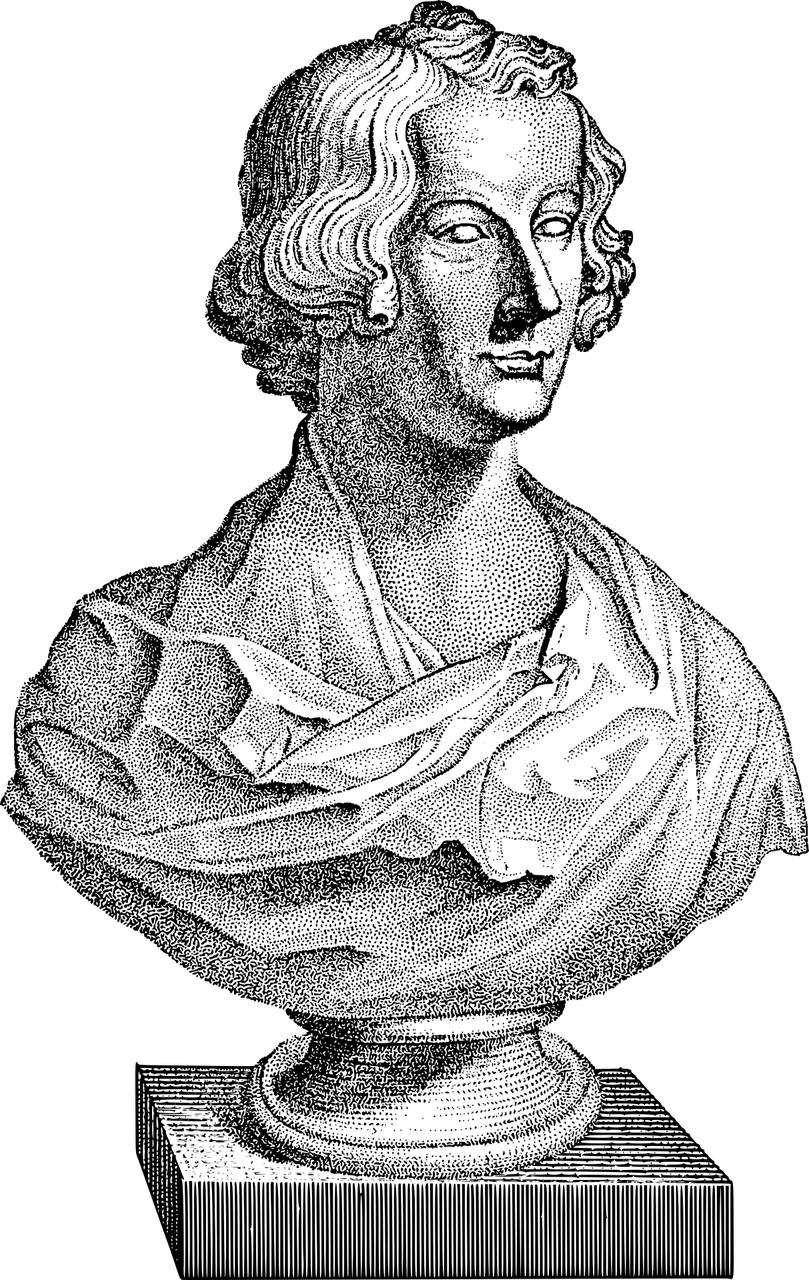Jane Austens novels hold a prominent place in literature, captivating readers with their unique blend of wit, social commentary, and romance

For those who are generally interested in this subject, it is essential to delve into the world of Jane Austen and understand why her books continue to captivate audiences even two centuries after their publication.
Introduction: Enter the World of Jane Austen
Jane Austen, born on December 16, 1775, in Steventon, Hampshire, England, was an English novelist whose works have become synonymous with the Regency era. Her novels, characterized by keen observations of social hierarchies and the complexities of love and marriage, continue to resonate with readers.
With a keen eye for human behavior and a delightful sense of humor, Austen’s books provide a vivid depiction of the social landscape of her time. Through her works, readers are transported to the world of Georgian England, where societal norms and personal ambitions often clashed, resulting in comedic misunderstandings and heartfelt confessions.
Historical Evolution of Jane Austen’s Books

Jane Austen penned six completed novels during her lifetime, each offering a unique glimpse into the lives and struggles of Georgian-era characters.
1. Pride and Prejudice (1813):
With its iconic characters like Mr. Darcy and Elizabeth Bennet, Pride and Prejudice stands as Austen’s most beloved work. This tale of misunderstandings and personal growth explores themes of class, marriage, and social expectations.
2. Sense and Sensibility (1811):
Sense and Sensibility, Austen’s first published novel, contrasts the rational and emotional traits of two sisters. It highlights the challenges faced by women in a patriarchal society and showcases Austen’s sparkling wit.
3. Mansfield Park (1814):
Mansfield Park delves into the life of Fanny Price, a young girl from a poor background who is taken in by her wealthy relatives. Through Fanny’s eyes, Austen examines the moral dilemmas of societal obligations and personal desires.
4. Emma (1815):
Emma Woodhouse, a self-assured matchmaker, takes center stage in this novel. With her uncanny ability to misinterpret her own feelings and intervene in others’ lives, Emma navigates the complexities of love and friendship in Regency society.
5. Northanger Abbey (1817):
Northanger Abbey stands out as Austen’s ode to the Gothic novels popular during her time. Through the naive and imaginative Catherine Morland, readers explore the boundaries of reality and fiction, while Austen slyly satirizes the genre.
6. Persuasion (1817):
Austen’s final completed novel, Persuasion, introduces Anne Elliot, a strong-willed woman on the brink of spinsterhood. The novel explores themes of second chances, regret, and the enduring power of love.
Jane Austen’s Legacy and Global Appeal
Despite being published over two centuries ago, Jane Austen’s books have an enduring appeal that exceeds geographic and cultural boundaries. Her novels shine a light on the universal human experiences of love, societal expectations, and personal growth.
Austen’s works highlight the limitations placed on women during the Georgian era, often portrayed through her strong and intelligent heroines. Elizabeth Bennet’s fiery spirit, Elinor Dashwood’s quiet resilience, and Anne Elliot’s quiet determination have provided inspiration to countless readers, irrespective of time and place.
The popularity of Austen’s novels is further enhanced by the numerous adaptations in various media formats. From memorable film adaptations like “Pride and Prejudice” starring Keira Knightley to popular TV series like “Becoming Jane,” audiences have embraced Austen’s works in new and exciting ways.
As Austen enthusiasts explore the picturesque English countryside where she lived and set her novels, various Jane Austen societies and fan clubs worldwide provide a hub for discussions, events, and celebrations of her work. Annual gatherings such as the Jane Austen Festival in Bath, England, attract thousands of participants dressed in Regency attire, immersing themselves in the world Austen created.
In conclusion, Jane Austen’s novels continue to enthrall readers with their wit, social critique, and timeless love stories. Through her meticulous observations of society and her engaging storytelling, Austen has left an indelible mark on literature. Whether it’s the sharp social commentary of Pride and Prejudice or the hopeful resilience of Persuasion, Jane Austen’s works offer a rich tapestry of life in Regency England that continues to captivate and inspire readers worldwide.
Now, take a moment to enjoy
and immerse yourself further in the enchanting world of Jane Austen.





